-
Glitch: a play about Pam Stubbs and the Post Office Scandal
 Read More…: Glitch: a play about Pam Stubbs and the Post Office Scandal
Read More…: Glitch: a play about Pam Stubbs and the Post Office ScandalI had the pleasure of giving Pam Stubbs a lift to Reading University yesterday where she was guest of honour at a VIP reception before a performance of Glitch, a play about Pam’s experience at the hands of the Post Office. It was a wonderful surprise to see Janet Skinner, Seema and Davinder Misra, Tracy Felstead, Jo Hamilton and Kay Linnell had also been invited. Tracy and Janet’s stories are woven into the play as stand-alone monologues. Glitch was commissioned by Reading University Law School, written by Zannah Kearns and staged by the Rabble theatre group at the Minghella Theatre…
-
BBC Inside Out South – 19 Jan 2015
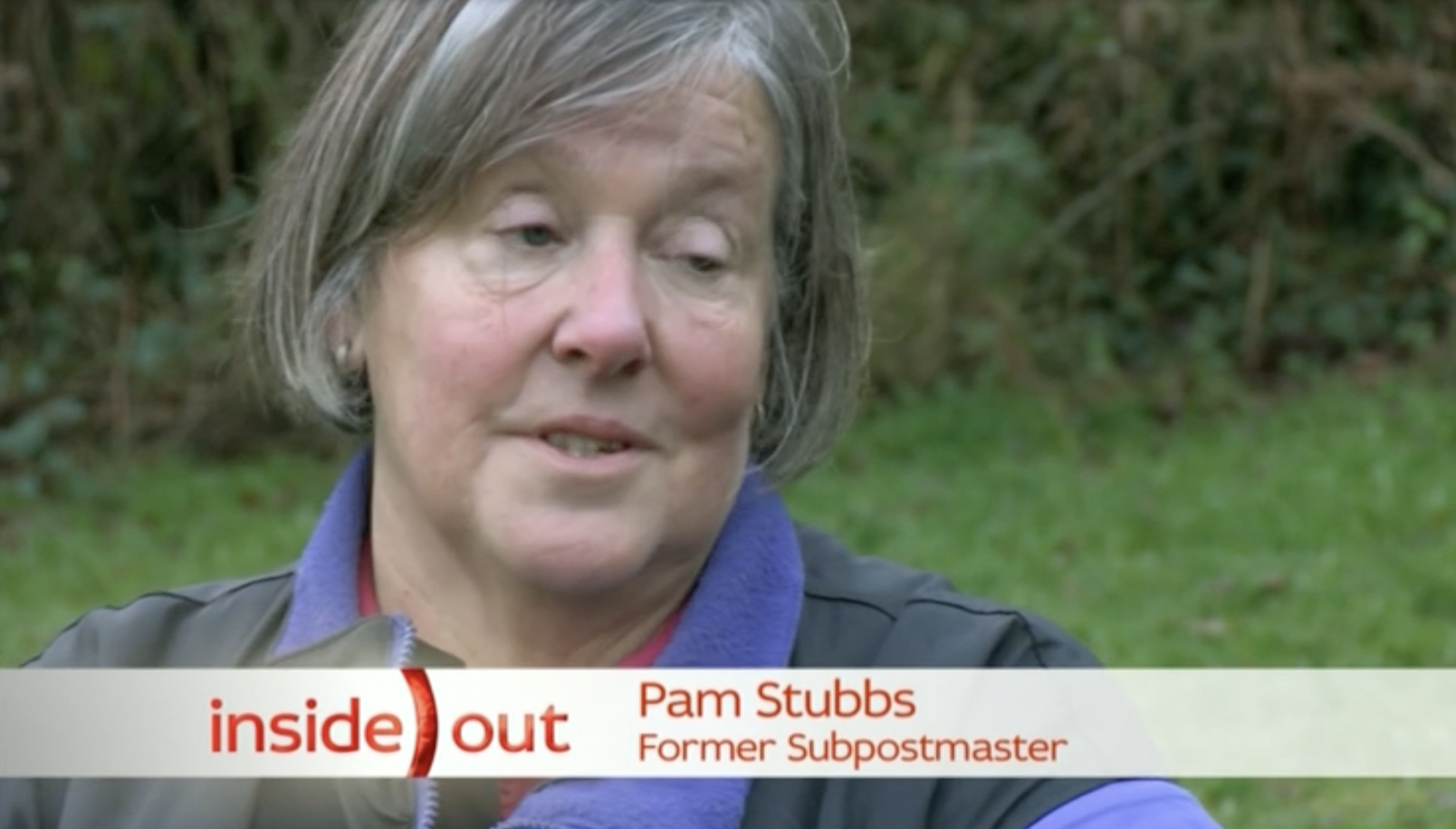 Read More…: BBC Inside Out South – 19 Jan 2015
Read More…: BBC Inside Out South – 19 Jan 2015I don’t think this TV piece (see below) on the Post Office scandal has been available for a while. As it’s not far off its tenth anniversary, I think it’s worth posting. It features Pam Stubbs, Julian and Karen Wilson, Jo Hamilton, Noel Thomas, Issy Hogg and James Arbuthnot. It is introduced by the legend that is Jon Cuthill! The very first BBC Inside Out piece on this scandal was broadcast on 7 Feb 2011. You can watch that here, and you can read more in my book, The Great Post Office Scandal, available here. The journalism on this blog…
-
Gareth Jenkins Day 3: Criminally Stupid or Holy Fool?
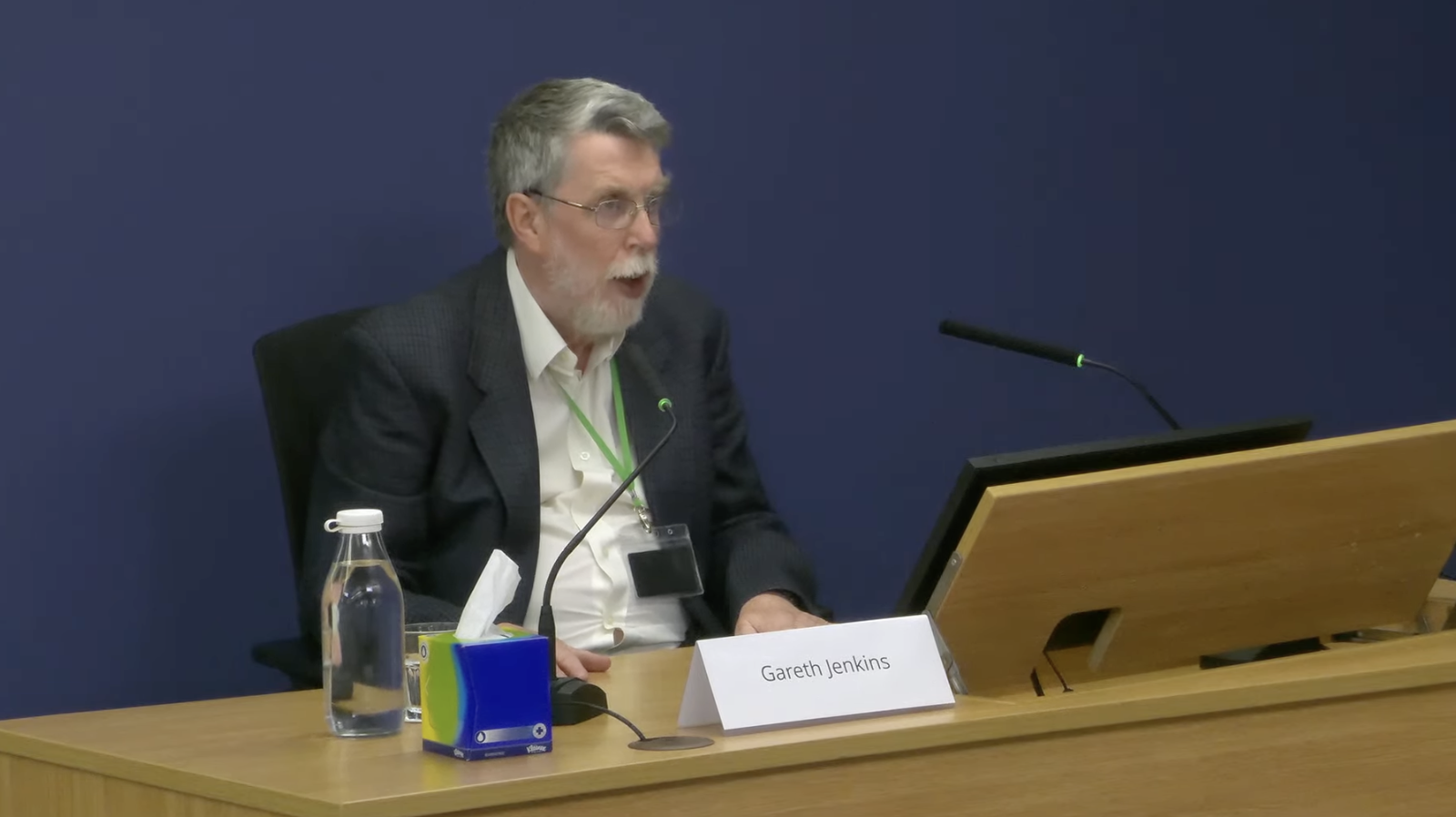 Read More…: Gareth Jenkins Day 3: Criminally Stupid or Holy Fool?
Read More…: Gareth Jenkins Day 3: Criminally Stupid or Holy Fool?Being involved in the criminal prosecution of anyone should focus the mind. There is a lot at stake for the individual concerned. Basic human courtesy demands you take whatever task you have or are given very seriously. Today Gareth Jenkins’ almost Olympian levels of disengagement with his wide-ranging role in helping the Post Office prosecute Subpostmasters was laid bare at the Post Office Horizon IT Inquiry. For most of the day, Jason Beer KC focused on Jenkins’ involvement in the prosecution of Seema Misra. Seema, as many people reading this will know, was convicted of theft in October 2010, partly…
-
Gareth Jenkins Day 2: the god complex unravels
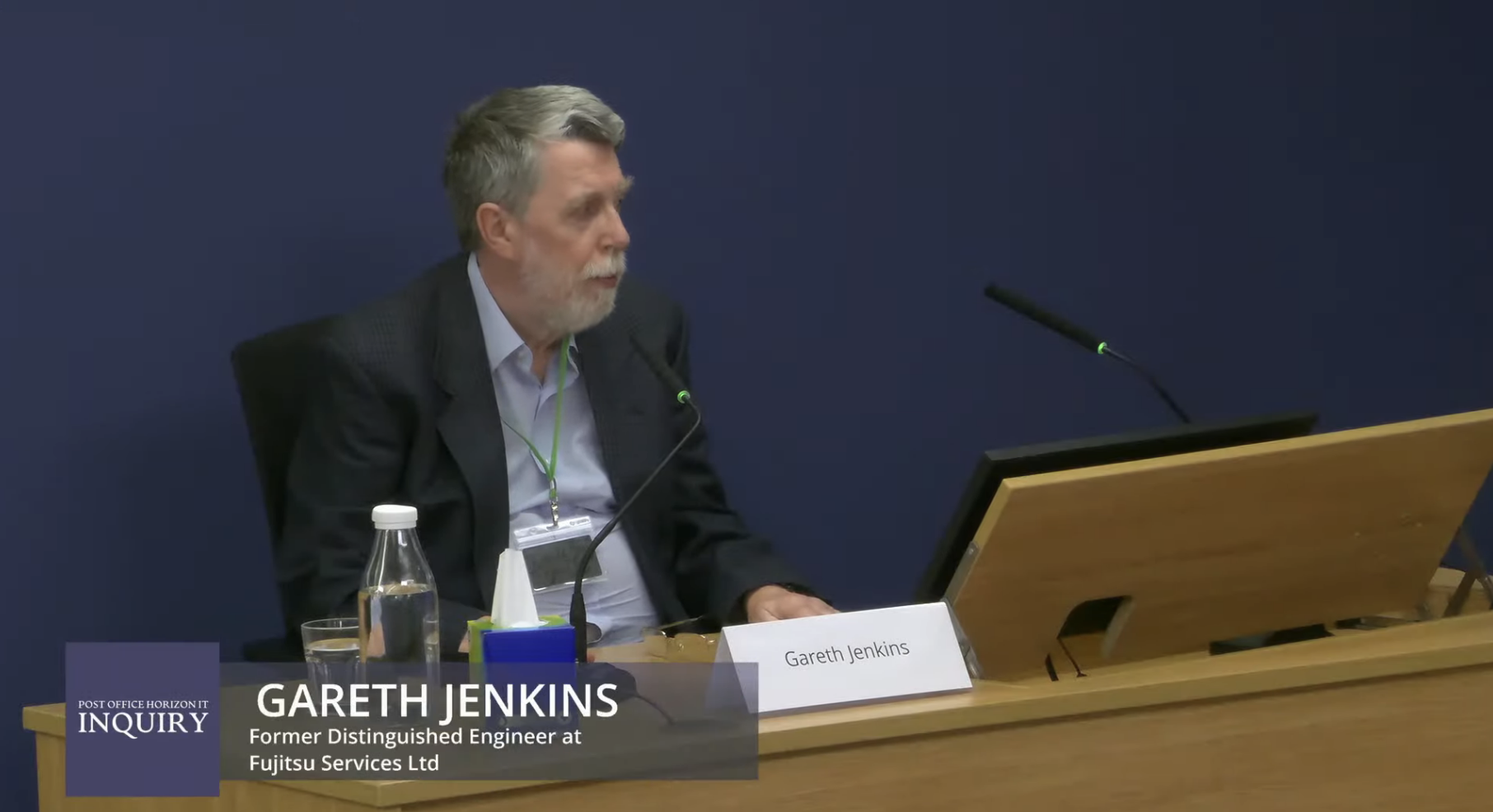 Read More…: Gareth Jenkins Day 2: the god complex unravels
Read More…: Gareth Jenkins Day 2: the god complex unravelsOn Tuesday Gareth Jenkins was quite certain he had no idea what the duties of an expert witness were until 2020. Today we discovered he was sent an email in 2006 explaining what the duties of an expert witness were, whilst he was being asked to provide evidence to the Post Office in preparation for the criminal trial of a Subpostmaster. Jenkins went on to be described as the Post Office’s expert witness in several prosecutions, including that of Seema Misra in 2010. The first half hour of Jenkins’ evidence today was taken up with Jason Beer taking him through…
-
Gareth Jenkins: the misplaced confidence of an unreliable god
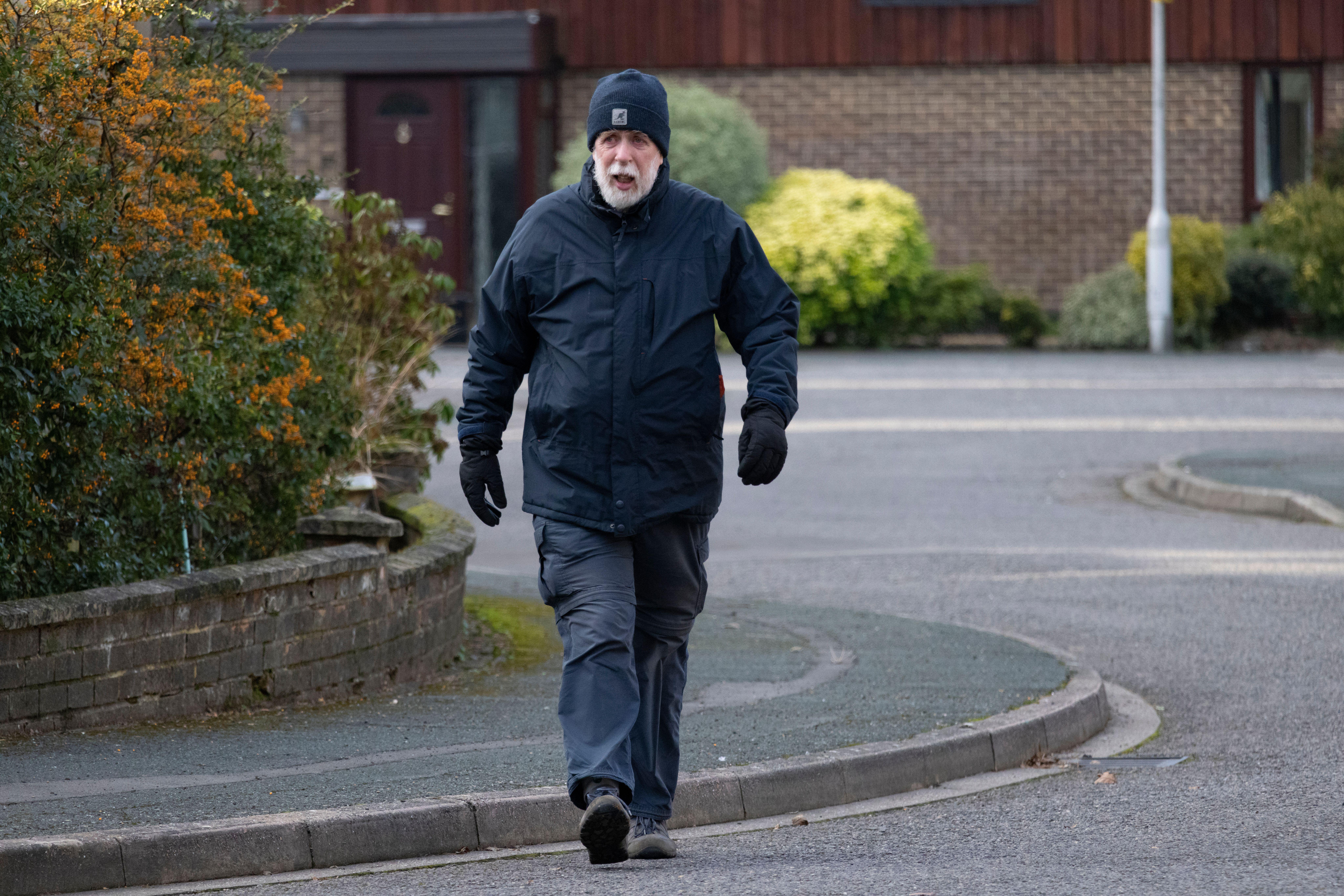 Read More…: Gareth Jenkins: the misplaced confidence of an unreliable god
Read More…: Gareth Jenkins: the misplaced confidence of an unreliable godWe know that Gareth Jenkins, Fujtisu’s “unreliable god” (in the words of Anthony de Garr Robinson) does not have a PhD – despite being erroneously described as Dr Jenkins in the first Clarke Advice and a number of Post Office documents. He does, however, have a maths degree from Cambridge. We found out today he was not and never has been a Chief Architect of Horizon, nor has he ever been Fujitsu’s Lead Engineer on Horizon. In terms of his career, Jenkins joined ICL (which later became part of Fujitsu) on graduating in 1973 and in the 1990s was recognised…
-
Graham Ward: a man in trouble
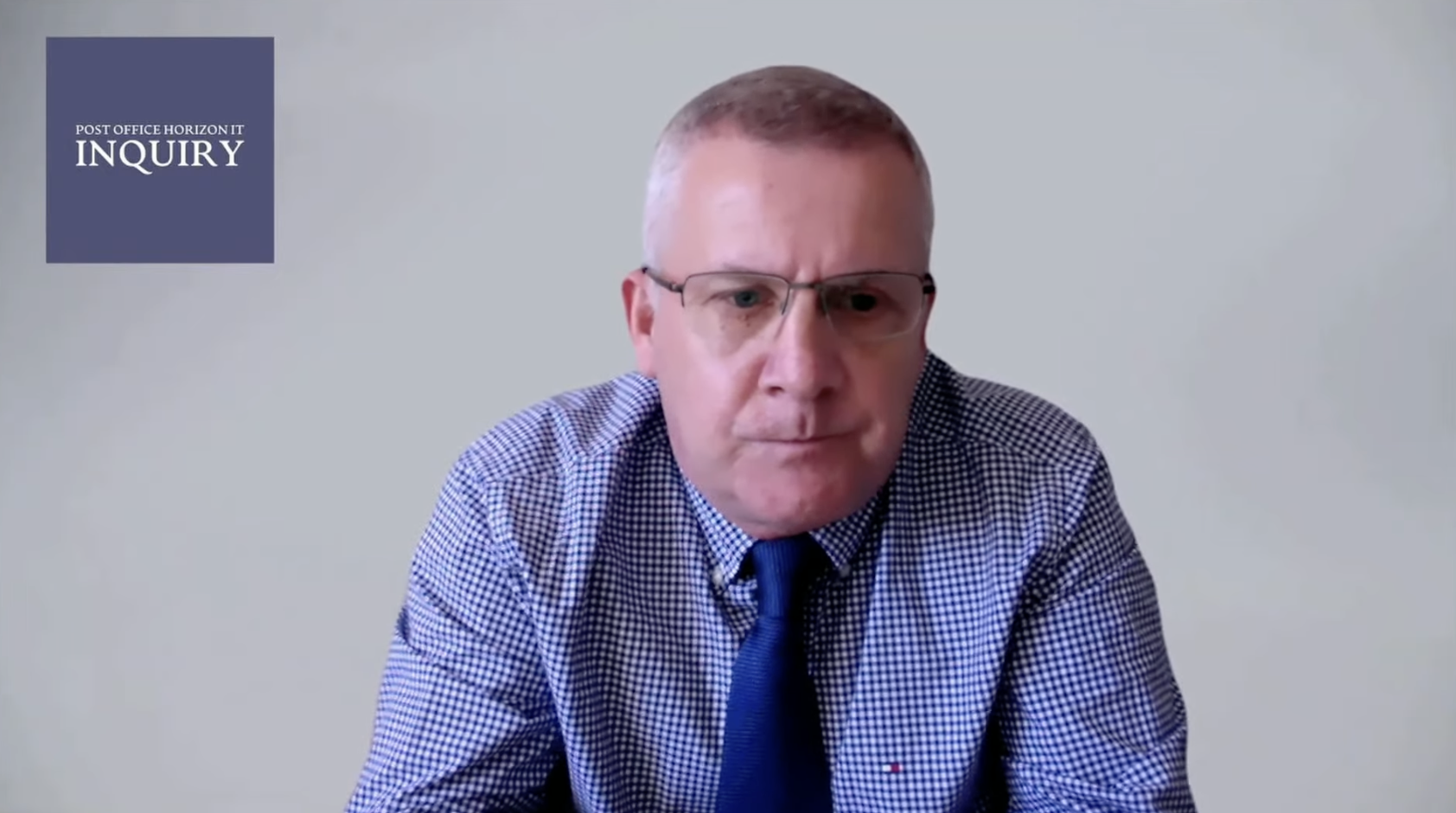 Read More…: Graham Ward: a man in trouble
Read More…: Graham Ward: a man in troubleGraham Ward was the Post Office investigator who helped put former Subpostmaster Noel Thomas away. Whether he did so by perverting the course of justice is something the Metropolitan Police (his current employer) will be looking at very closely, after today’s evidence session. The Metropolitan Police are core participants to the Inquiry. Mr Ward was called back to the Inquiry after his first evidence session on 1 Feb this year. During that evidence session he was taken by Jason Beer KC to various emails surrounding a witness statement drafted in late 2005 by Fujitsu engineer Gareth Jenkins which was going…
-
Second Sight tell it straight
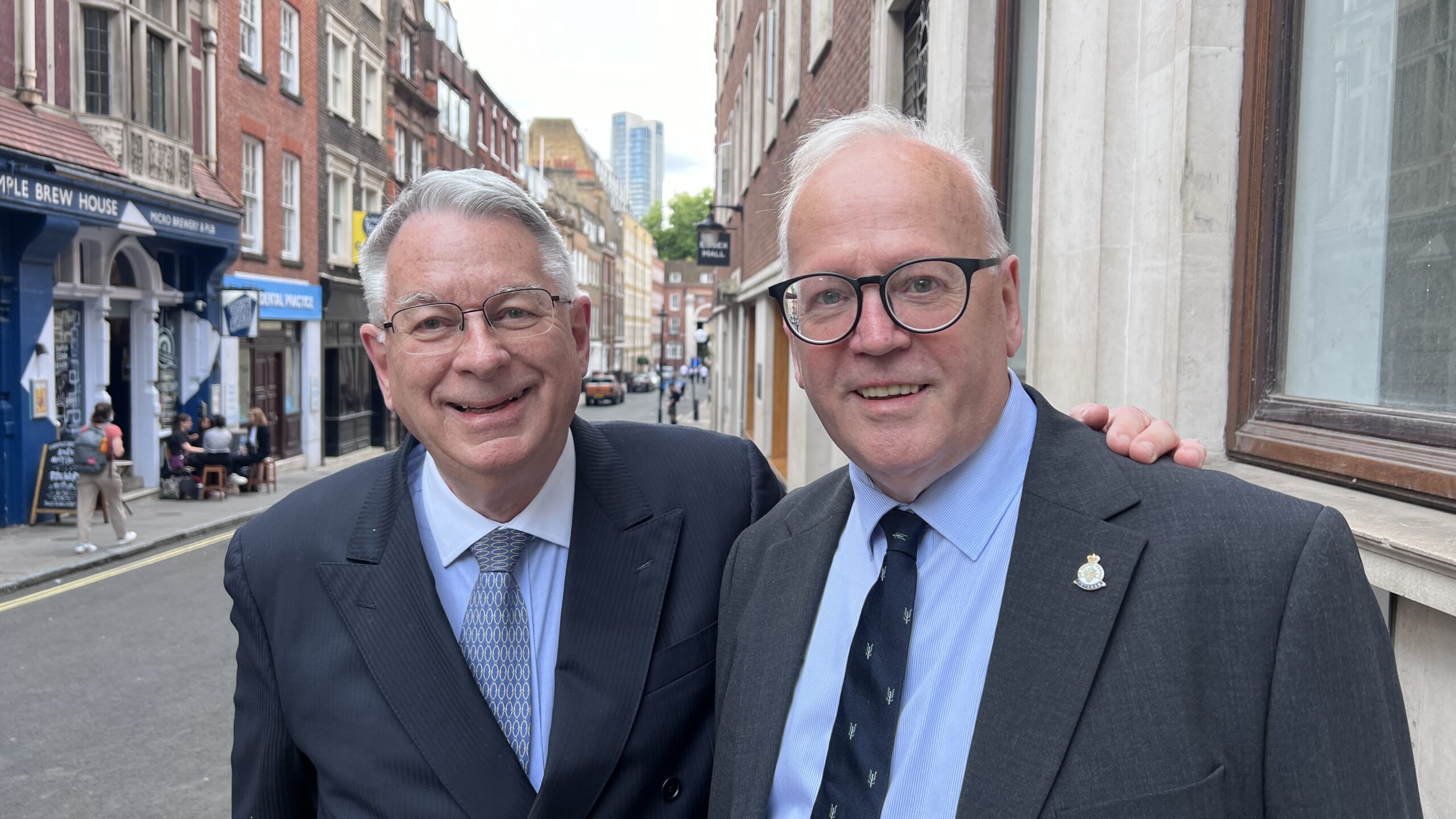 Read More…: Second Sight tell it straight
Read More…: Second Sight tell it straight“Good luck” said a reporter as Ron Warmington headed into Aldwych House. Warmington wheeled round. “Don’t need bloody luck”, he grinned. “I’ve been waiting twelve years for this.” Indeed he has. In 2012 forensic accountants Ron Warmington and Ian Henderson were invited by MPs, the Justice for Subpostmasters Alliance (JFSA) and the Post Office to investigate Subpostmaster complaints surrounding the Horizon IT system. They were contracted to the Post Office via Warmington’s consultancy vehicle Second Sight. Second Sight’s seminal Interim Report, produced in July 2013, drew attention to serious problems at the Post Office, noting three bugs with the Horizon…
-
Knighthood for Sir Alan!
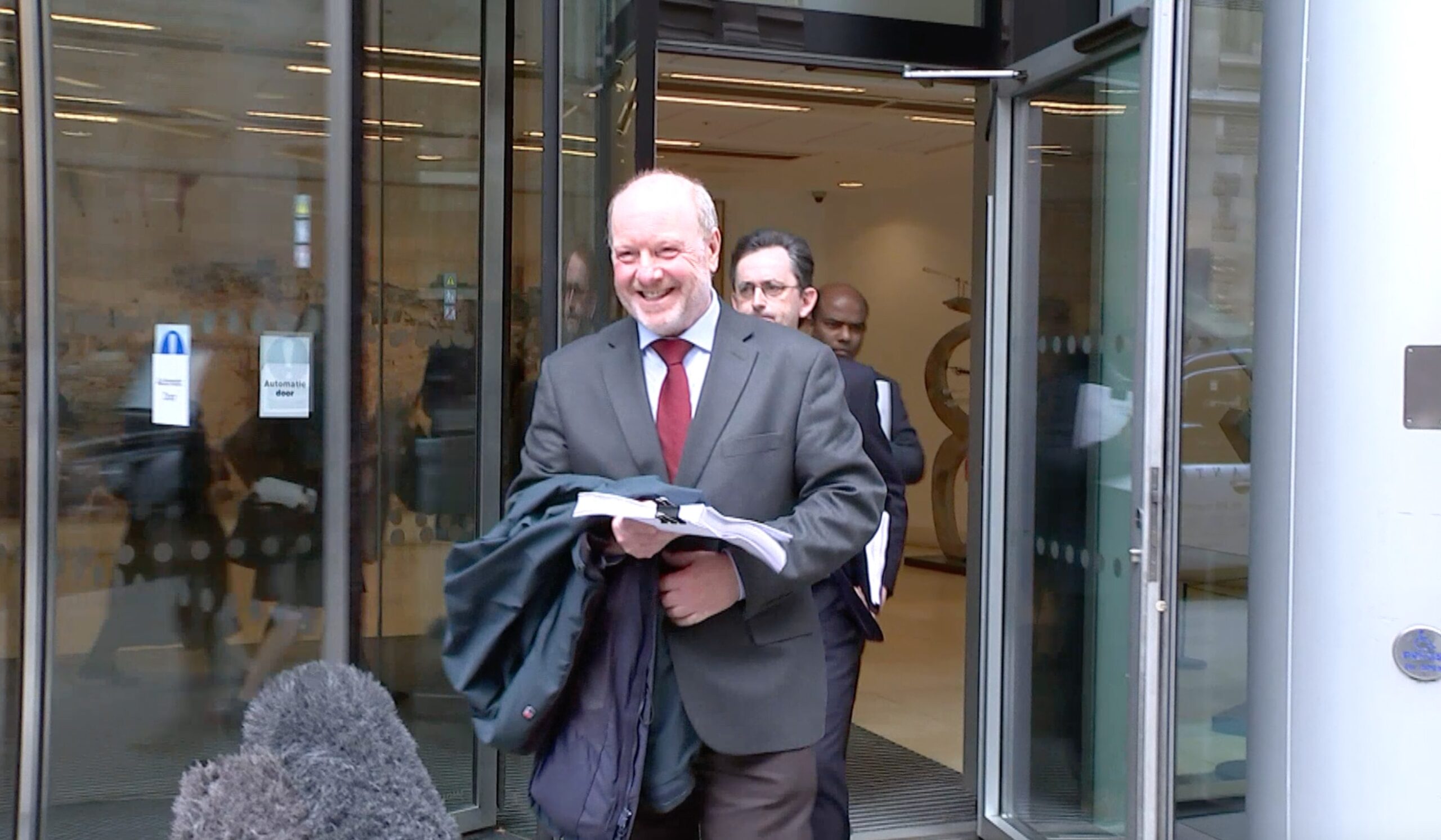 Read More…: Knighthood for Sir Alan!
Read More…: Knighthood for Sir Alan!Alan Bates has been knighted in the King’s Birthday honours list. He described the award as “a very pleasant surprise”, telling BBC News’ Emma Simpson “I knew so many people who were keen for me to actually receive something, I felt I would be insulting them as much as anyone else if I refused it at this time.” I am delighted for Sir Alan, and I am glad he has been recognised in this way. I think he was right to turn the OBE down and right to accept the K. I think this goes a tiny way towards putting…
-
Post Office legal strategy: “force the claimants to burn money”
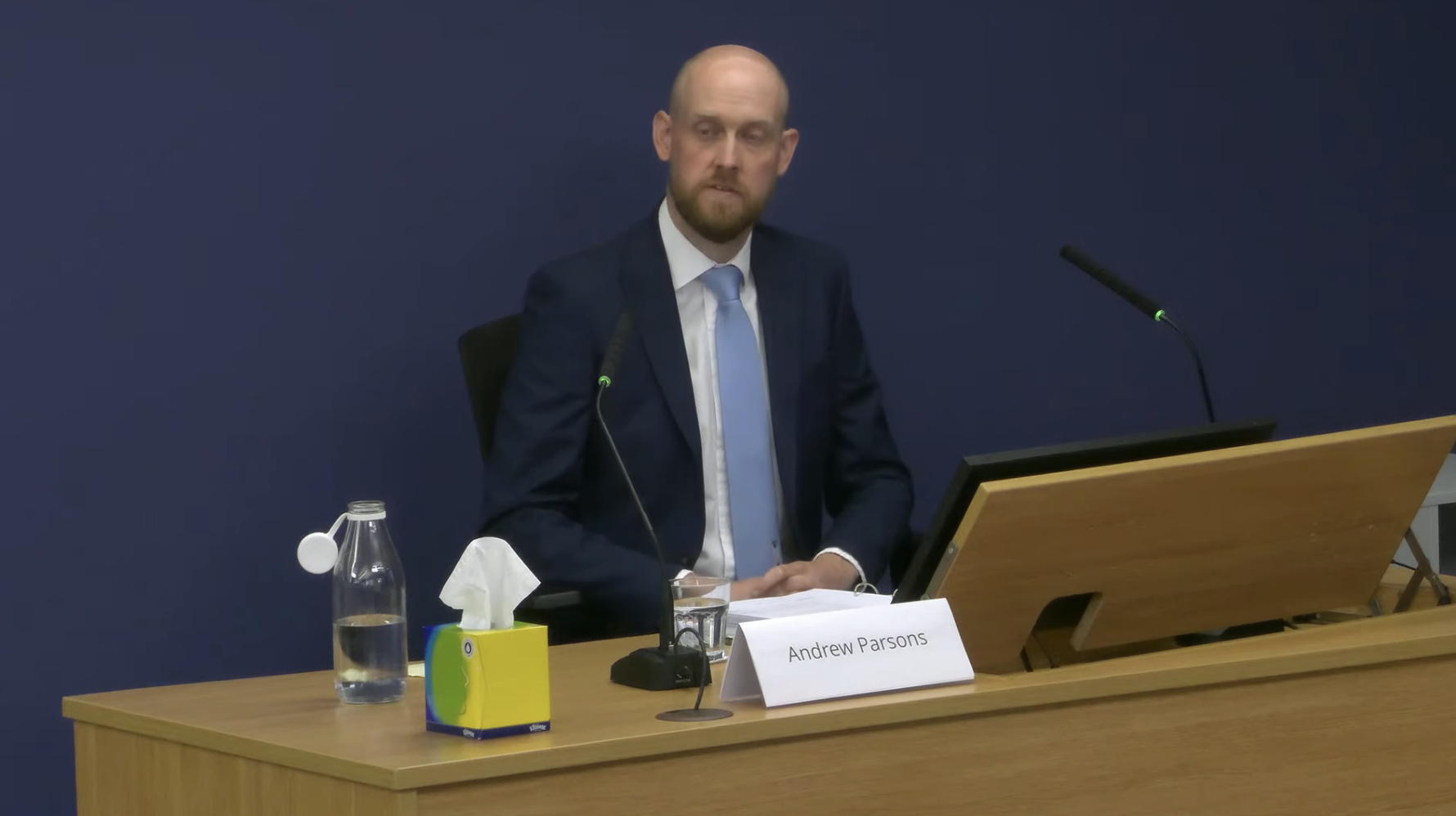 Read More…: Post Office legal strategy: “force the claimants to burn money”
Read More…: Post Office legal strategy: “force the claimants to burn money”The second day of Andy Parsons’ evidence (see here for a piece on the first) was short with only a few new documents to consider. One was another piece of corroboration that the Post Office strategy during Bates v Post Office – the seminal legal battle which blew the lid off the scandal – was to run the claimants out of road. Today we saw a document in which Andy Parsons, a Womble Bond Dickinson lawyer tasked with co-ordinated the Post Office’s defence of Bates v Post Office told his colleagues on 1 Nov 2018 (the eve of the first…
-
Post Office lawyer: Postmasters are liars
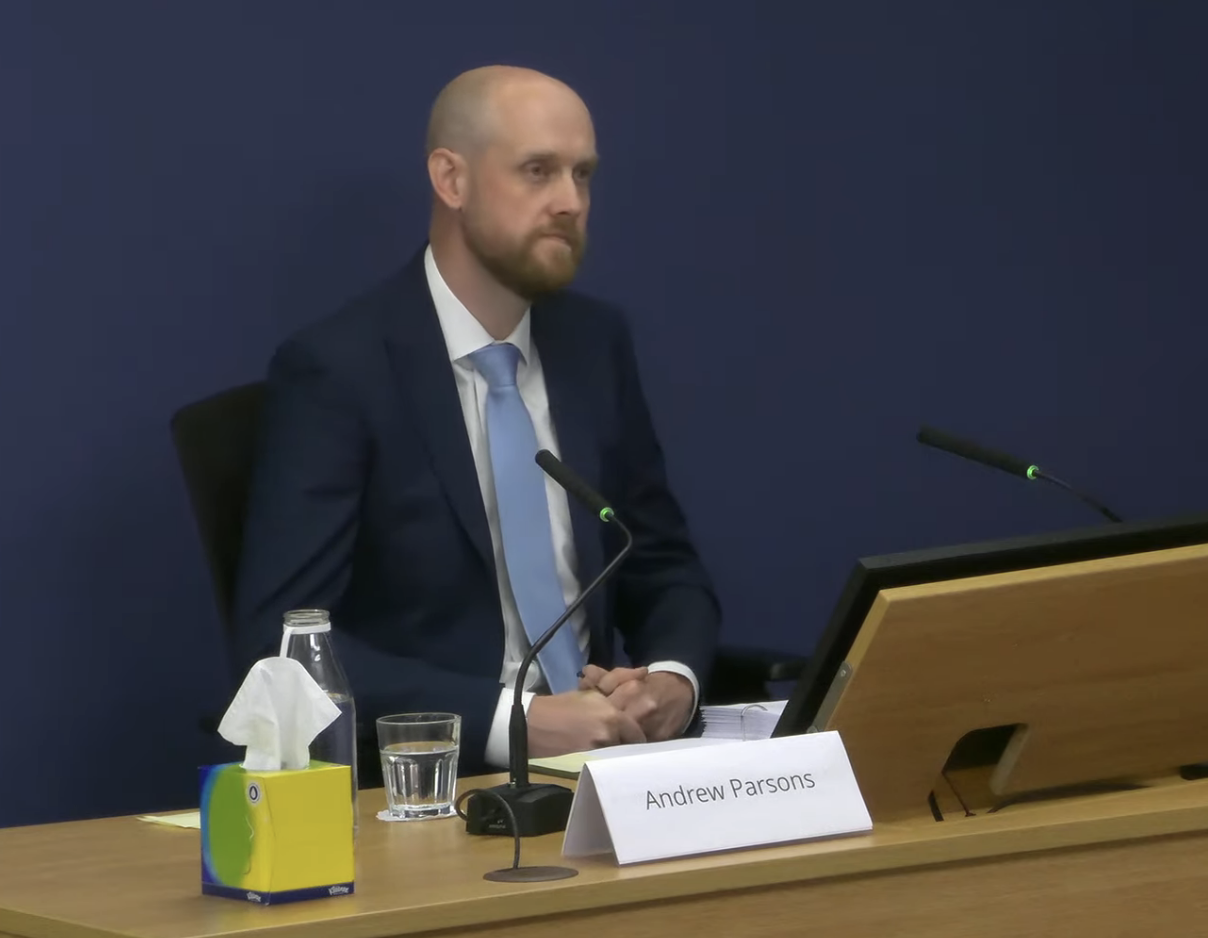 Read More…: Post Office lawyer: Postmasters are liars
Read More…: Post Office lawyer: Postmasters are liarsA civil litigation lawyer instructed by the Post Office branded campaigning former Subpostmasters Jo Hamilton, Noel Thomas and Seema Misra “liars and criminals” whilst discussing PR strategy with his clients. Andy Parsons from Bond Dickinson was advising the Post Office on their media response to a 2015 episode of Panorama which featured all three Subpostmasters. In an internal email to the Post Office legal team, revealed today at the Post Office Horizon IT Inquiry, Parsons noted that trying to argue the technical legal points around the prosecution of Jo Hamilton would not be “worthwhile” as the “man in street” would…
Archives
Most Popular
Tags
Alan Bates alice perkins Alwen Lyons Andrew Winn Andy Dunks Andy Parsons Bates v Post Office Bonusgate CCRC Chris Aujard Clarke Advice False Accounts Fujitsu Gareth Jenkins Grabiner HCAB Horizon Hugh Flemington Inquiry Interim Report Janet Skinner Jarnail Singh Kevin Hollinrake Lee Castleton Lord Arbuthnot Nicki Arch Nick Read Noel Thomas Paula Vennells Paul Marshall Post Office Rebecca Thomson Receipts and Payments mismatch bug Richard Moorhead Rob Wilson Rod Ismay Rodric Williams Second Sight Seema Misra ShEx Simon Clarke Susan Crichton Swift Review Tracy Felstead UKGI
Categories
- Appeals (18)
- Blog (17)
- Book (11)
- Civil litigation (47)
- Compensation (43)
- Corporate (23)
- Fujitsu (32)
- Inquiry (120)
- IT (40)
- Live Events (6)
- Podcast (7)
- Police investigation (12)
- Prosecutions (47)
